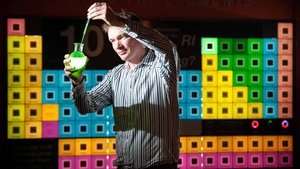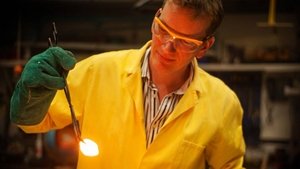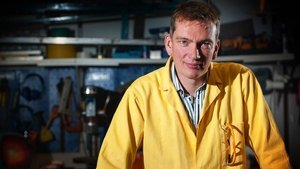
For centuries alchemists have tried to turn base metals into gold. But is such a feat even possible? In the final Christmas Lecture, Dr Peter Wothers explores the elements within the earth and discovers just how difficult it is for chemists to extract the planet's greatest treasures. He discovers how our knowledge of the elements can allow us to levitate, turn carbon dioxide into diamonds and maybe turn lead into gold. Peter is joined by Nobel Prize-winning chemist Professor Sir Harry Kroto and together they find out whether a member of the audience is really worth their weight in gold and what happens when you set fire to a diamond.

Medieval alchemists wrote of a mysterious fountain of youth, whose waters could rejuvenate anyone who drank them. But can water really be magical? In the second of this year's Christmas Lectures, Dr Peter Wothers drinks from the fountain and finds out whether the elements lurking in the water can restore his youth. Along the way he discovers how exploding balloons could solve the energy crisis, how water contains the remains of the most violent reactions on Earth and that the real secret to eternal youth might be drinking no water at all. Peter is joined in his quest by Paralympic champion cyclist Mark Colbourne and finds out what happens when the two most reactive elements on the periodic table, caesium and fluorine, meet each other.

The medieval alchemists made elements react to create magnificent shows, enthralling kings and commoners alike, but their secrets were never revealed until now. In the first of this year's Christmas Lectures, Dr Peter Wothers explores what the alchemists knew about the air we breathe and reveals how our modern knowledge of these elements can be used to control fire, defy gravity and harness the power of a lightning storm. Peter is joined by the cast of the musical Loserville and is helped in his exploration of the 118 modern elements by a periodic table made from audience members at the Royal Institution.